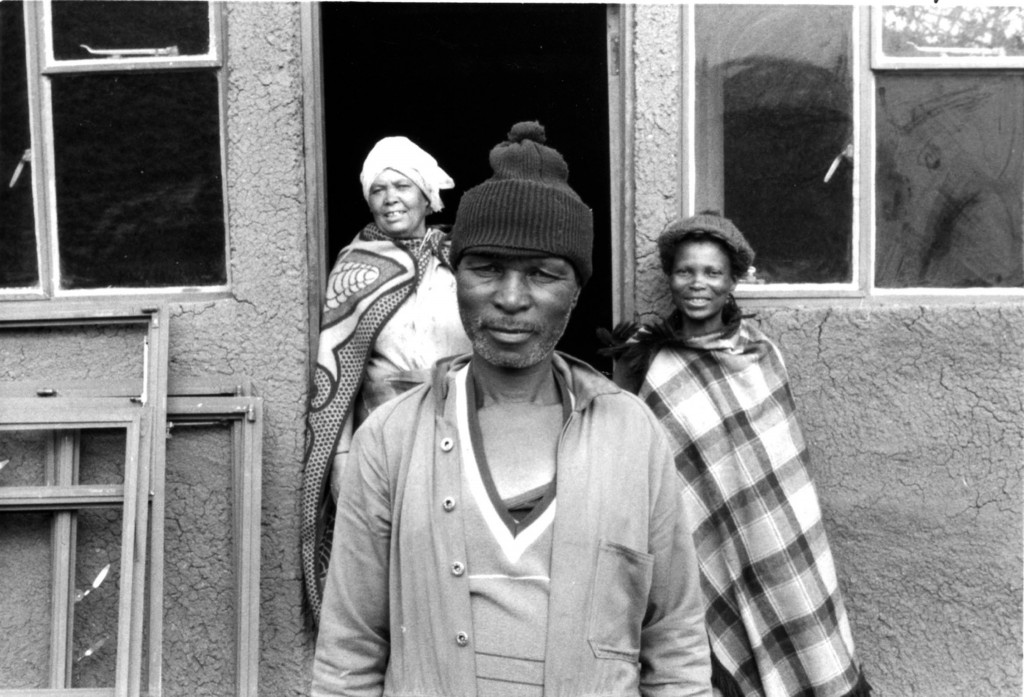Mary Agnew: The project at Motsemocha employed about 50 local people, and they were paid three rand a day, about three dollars. It is not much according to our standards, but it was a good wage for them. They were fed lunch as part of their pay as well. The main staple of their diet was “corn meal mush,” or mabele, the sorghum grain, ground and cooked into a mush.
Plenty Canada Report, Winter 1983: These training wages are equivalent to the net income from the mines of South Africa, and allow families to stay together while local men and women develop skills, which will improve both their ability to subsist and their likelihood of finding local employment. Training subjects include agriculture, sanitation, nutrition, construction, mechanics, administration, and other skills.
Mwana Bermudes: We are still very grateful for the opportunity that Plenty Canada and Plenty U.S.A. kindly offered by taking us in their training program, as the various skills that we learned in North America have enabled us to make a living for the rest of our lives, and pass them on to many others in Africa. Long live Plenty!
